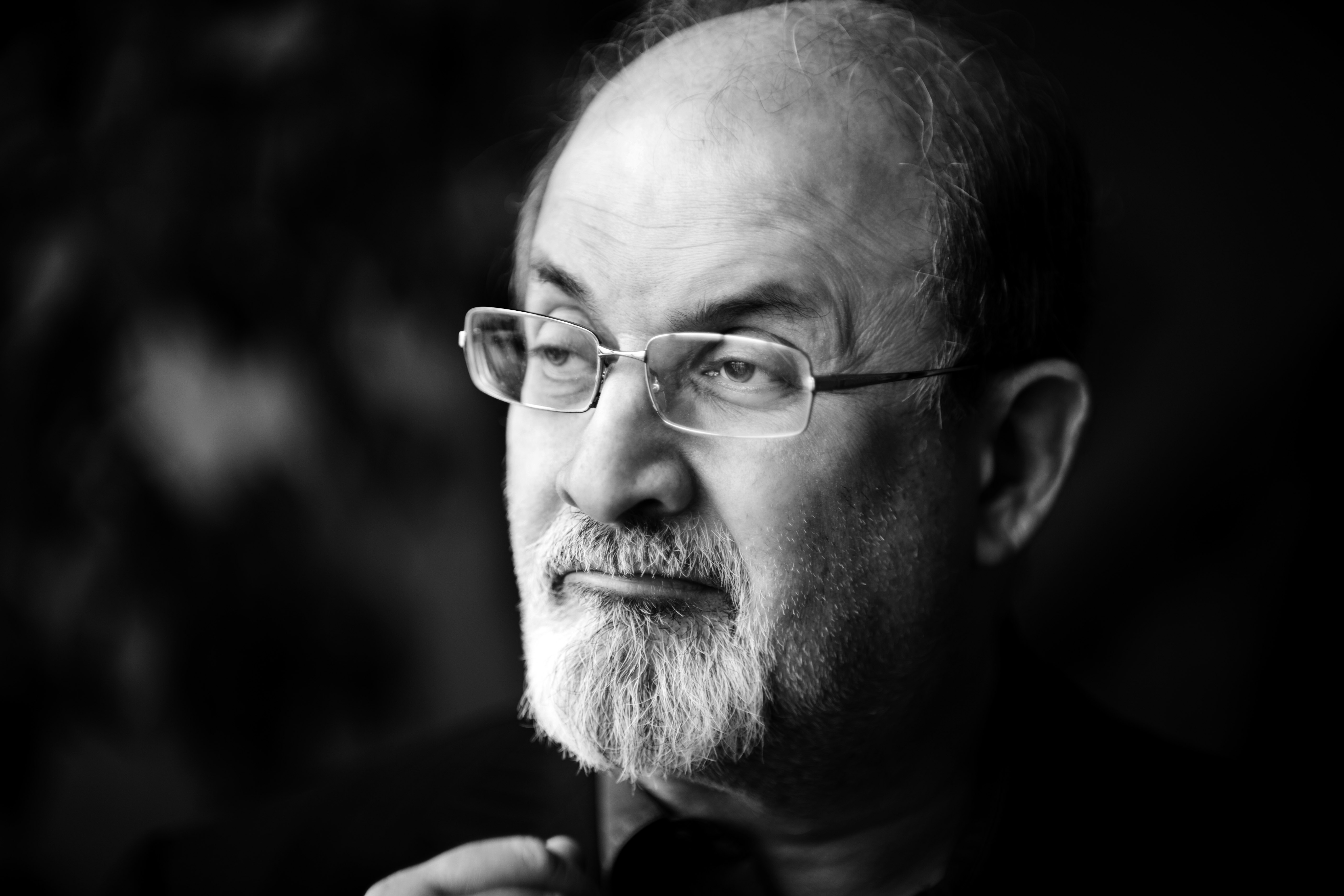On the morning of February 15, 1989, two unknown men knocked on Salman Rushdie’s door. The day before, a mortally ill despot in Tehran had issued an edict condemning all those involved in the production of Rushdie’s most recent novel, The Satanic Verses. The Valentine’s Day fatwa concluded in a morbid command: “I ask all the Muslims to execute them wherever they find them.”
When the author answered his door, the two men explained that they were members of the Metropolitan Police’s A Squad, the division responsible for all personal protection in the UK. A journalist told Rushdie that Ayatollah Khomeini’s fatwas were a dead letter. The men, however, explained that his life was now under serious threat—one level below that of the Queen.
Rushdie’s recent memoir, Joseph Anton, chronicling his state-guarded life over the course of 12 years, is unceasingly captivating. Beginning with his upbringing as a scholar and an atheist, through to his attempts to examine Muhammad in a distinctly human light, Rushdie writes of the intellectual curiosity which spurred his penning of The Satanic Verses. To his pain and surprise, less than a fortnight after its publication in Britain the Indian government buckled to pressure from two Muslim MPs, and banned it. In the next six months, India would welcome Bangladesh, Afghanistan, Saudi Arabia, Thailand, and (in a rare show of unity) Pakistan to its comity of censorship. In most of these cases, it is almost certain that no native language translations were available, and that few officials had made even the most cursory examination of the book.
Western liberal democracy issued an even more timorous response. Barring a small group (writers, friends, and politicians, whose ranks included Susan Sontag, Gunter Grass, and Vaclav Havel), many declared Rushdie’s work to be disrespectful, and therefore, rightfully convicted by the laws of cultural relativity. In a show of admirable religious solidarity, the Pope, the Archbishop of Canterbury, and several eminent rabbis all declared Rushdie in the wrong. The Prince of Wales, not to be outdone, stated that the author was a bad writer who cost Britain too much to protect. One couldn’t help but wonder just what exactly it was that Prince Charles had accomplished to merit not only his inordinately costly safekeeping, but his complete financial support.
The author, forced to choose a new name (Joseph Anton is the amalgamation of Joseph Conrad and Anton Chekhov) and scuttle from one property to another, writes his recollections with brilliant, vivid indignation. In beautifully melodic passages, Rushdie wonders how an Iranian theocrat could sentence a British national to death. Milton once wrote, “He who destroys a good book, kills reason itself.” Had his fellow writers forgotten these prescient lines? Using third person, and thereby largely avoiding the solipsism that a slighted man’s memoir may lapse into, Rushdie describes the nightmare of daily life with admirable honesty.
By and large, the whole affair was handled—be it on the part of writers such as John le Carré or politicians such as Tony Blair—with a craven servility. Another of Rushdie’s books provides an alternate, yet equally apt title for this tale: Shame.
Joseph Anton is available from Random House, $34.95








